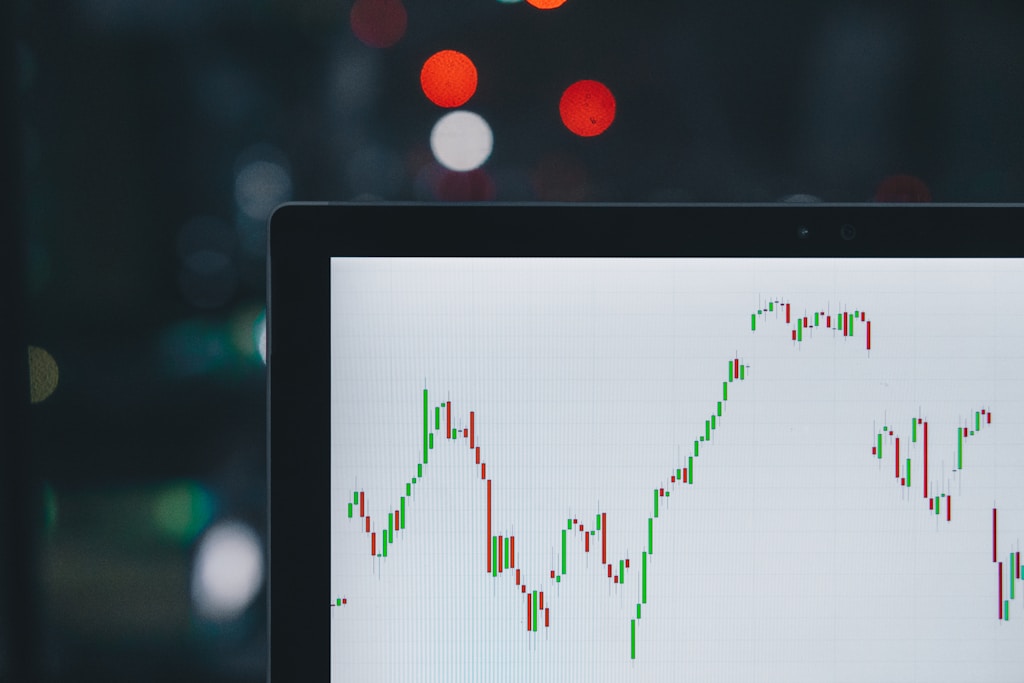Trump’s 104% China Tariff Triggers Crypto Market Volatility – Analysis
Trump’s announcement of 104% tariffs on Chinese imports sparks crypto market volatility. Analysis shows immediate impact on digital assets as global markets …

Key Takeaways:
- White House announces 104% tariff increase on Chinese imports
- Crypto markets show initial resilience before afternoon decline
- Market analysts warn of potential further volatility ahead
The cryptocurrency market faced renewed pressure on Tuesday as Trump’s escalating trade war with China sent shockwaves through global financial markets. The White House’s confirmation of a staggering 104% tariff rate on Chinese imports marked a significant escalation in economic tensions between the world’s two largest economies.
The announcement’s timing coincided with what initially appeared to be a positive start for both traditional and digital asset markets. However, by Tuesday afternoon, the optimism had largely evaporated as investors began processing the implications of this aggressive trade policy.
Market Impact Analysis
The immediate market reaction highlighted the increasingly interconnected nature of traditional and crypto markets. Bitcoin’s price movement showed particular sensitivity to the news, demonstrating how geopolitical tensions can rapidly influence crypto asset valuations.
SPONSORED
Navigate market volatility with up to 100x leverage on perpetual contracts
Expert Outlook
Market analysts suggest that this development could trigger a period of increased volatility across both traditional and crypto markets. The potential for retaliatory measures from China adds another layer of uncertainty to an already complex market environment.
FAQ Section
- How will the 104% tariff affect crypto markets?
Experts anticipate increased volatility as global markets adjust to the new trade dynamics. - What assets might serve as safe havens?
Traditional safe-haven assets like gold and certain cryptocurrencies could see increased interest. - How long might market impacts last?
The duration of market effects will likely depend on potential diplomatic negotiations and economic responses from China.



